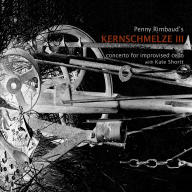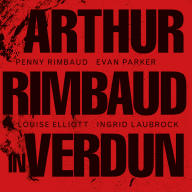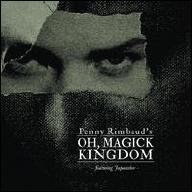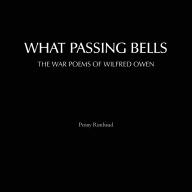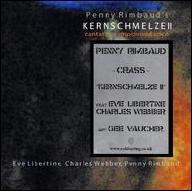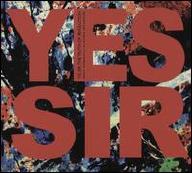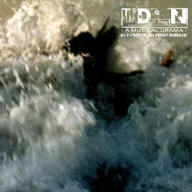In the late '60s, he and one of his classmates at South East Essex, Gee Vaucher, formed Dial House, an "open house" collective founded on pacifist and anarchist ideals. Ratter worked with a pair of performance art troupes, EXIT and Ceres Confusion, and in 1972, in association with his Dial House associates and a close friend named Wally Hope (aka Phil Russell), he helped stage the first Stonehenge Free Festival, a spontaneous music and art festival mounted without permits. The 1972 festival was a modest success, and the following year's gathering attracted a large audience. However, in 1973, Hope was arrested for possession of LSD, and he was heavily medicated while he was held in a mental hospital. He died by his own hand shortly after he was released, which Ratter believed was a consequence of his poor treatment while incarcerated, further fueling his animosity against the state. In 1977, Ratter legally changed his name to Penny Rimbaud -- Rimbaud from the French poet Arthur Rimbaud, Penny from the then-usual price to use a public toilet in the U.K. That same year, Steven Williams, who adopted the name Steve Ignorant, became a resident of Dial House, and he bonded with Rimbaud over their anger and frustration with British politics and culture. While Ignorant was 14 years Rimbaud's junior, they were both emboldened by the new punk rock scene in the U.K. and decided to form a band. Initially known as Stormtrooper, Crass was the most celebrated and influential band in what became known as the anarcho-punk movement, and operated as a collective and information network as much as a band. They became mainstays in British alternative culture until they folded in 1984.
After Crass ended, Rimbaud retreated from the punk rock scene; by his own admission, he generally preferred classical and jazz over rock, and that a band's political goals were more important than its music. (He did collaborate with his Crass bandmate Eve Libertine on the 1985 album Acts of Love, which set 50 of his poems to acoustic music performed by Libertine and Steve Ignorant.) Instead, Rimbaud helped maintain Dial House and became a prolific author, publishing 14 volumes of fiction, essays, polemics, philosophical pieces, poetry, and plays. In 2001, he began staging public performances of his poetry, with his readings accompanied by musicians Ed Jones and Louise Elliott, and in 2003, he and Libertine formed a group called Crass Collective. The group would later be known as Crass Agenda and then Last Amendment; they combined their readings with improvisational, jazz-informed music. In 2001, Rimbaud's musical drama The Death of Imagination was recorded for release. Since then, he has issued several albums that mesh music with his writings, including 2016's Yes Sir, The Truth of Revolution (recorded at the 2014 Rebellion Music Festival) and 2017's Kernschmelze II: Cantata for Improvised Voice. 2017 also saw the release of What Passing Bells, in which Rimbaud read the war poems of Wilfred Owen, a soldier and poet who died in World War I. ~ Mark Deming, Rovi
|
1
|
|
Untitled 2 |
|
2
|
|
Intro |
|
3
|
|
Arms and the Boy |


